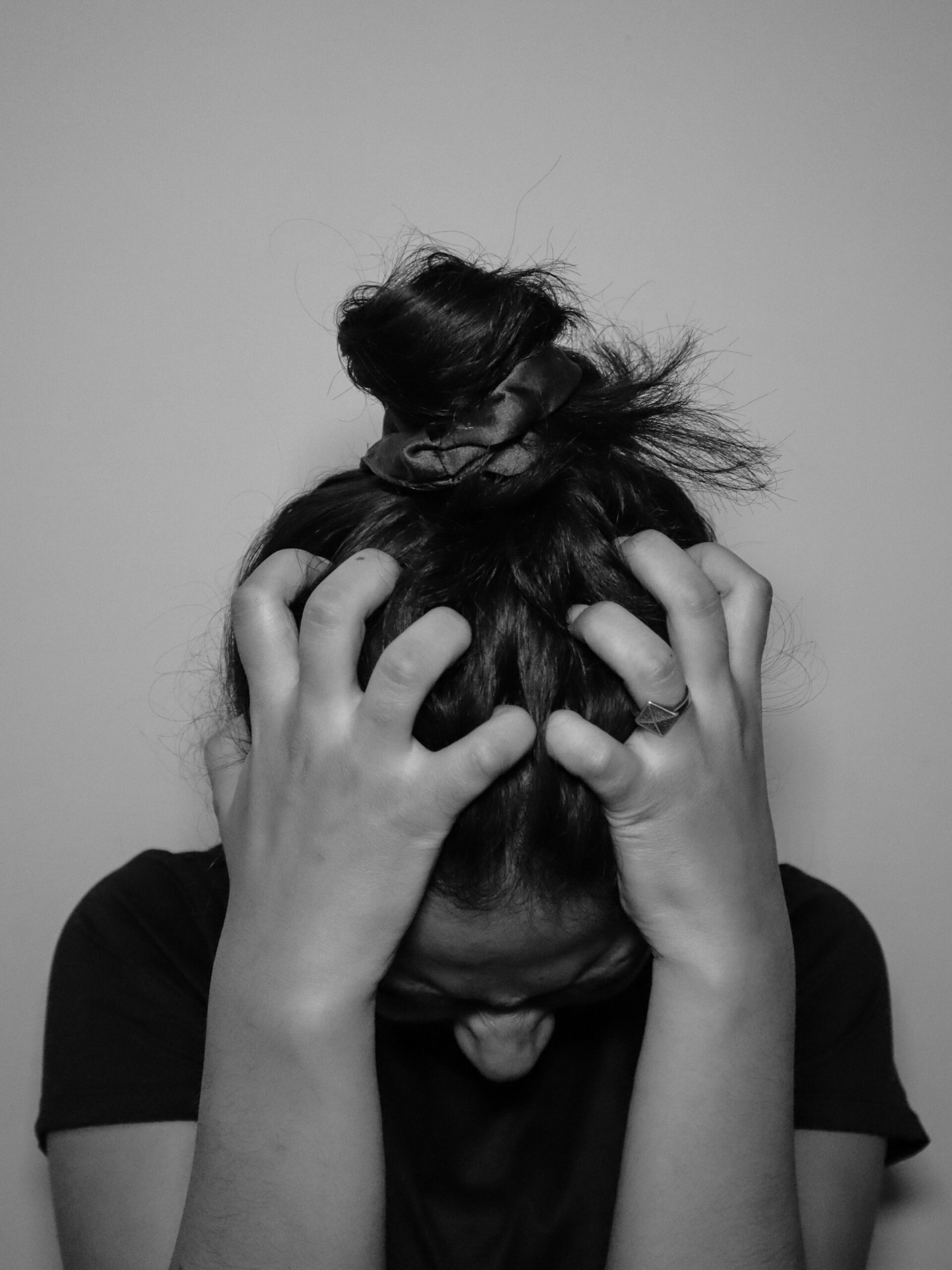The recent COVID-19 pandemic has caused distress, hurt, and disappointment for many people, especially those who work in health care systems. Anyone can have moral injury. If you are under duress, it is possible that there is damage to your moral foundations in a variety of situations. For example, the COVID pandemic has impacted and aggravated these conditions for healthcare workers, parents, first responders, teachers, chaplains, and especially health care workers.
Treatment for this condition is typically associated with a clinical condition such as depression. Though a person can be depressed and have moral injury, moral injury is not a mental health disorder. Instead, moral injury is a response to profound suffering, devastation, harmful life conditions or systems. It affects all of a person’s systems including psychologically, body, and spirit.
Moral injury is complex and there are many ways it can be treated. The first step to recovery begins with accepting what happened to you, the events surrounding it and managing the painful moral emotions involved, such as shame, outrage, guilt, sorrow, disappointment, and despair disgust. Additionally, one might experience outrage or become determined to change injurious systems to prevent future harm.
Conversely, post-traumatic stress disorder is fear-based, involving prolonged feelings of terror after an traumatic event is over. Moral injury is based on judgments of conscience which emerges in the aftermath of traumatic events, followed with personal reflection and evaluation of the experience. Post traumatic stress disorder has a diagnostic component in addition to research-based treatment protocols. Moral injury does not have the components of post-traumatic stress disorder, however addressing moral injury can help provide some of the tools useful when addressing post-traumatic stress disorder. In fact, treatment for moral injury can concurrently be beneficial for post-traumatic stress disorder sufferers if occurs concurrently.
If you or someone you know has changes in behavior, or has become emotionally distant, controlling, easily angered, is preoccupied, cynical, and generally not their usual selves, it may mean they are experiencing inner turmoil and emotional pain. An individual may be unaware of why they feel so bad, or hesitant to share what happened to them, especially if they believe you will judge them or be disturbed about what is heard.
If you are a health care provider, adversely affected by the pandemic, we may be able to help you with your recovery. Feel free to contact us for additional information.
Jacky Watson-Jolly
President/CEO
Winning Edge Network
We welcome your views, comments, ideas, and suggestions. Our goal is to be a forum for all that is relevant, topical, engaging, and helpful. Should you wish to comment or even submit something for our blog, with your permission, we’ll review, and likely publish it. You can reach us at in**@****************rk.com
Thanks for stopping by!
In the interest of privacy, we will use only your first name for attribution. Your email address will not be shared or published.




0 Comments